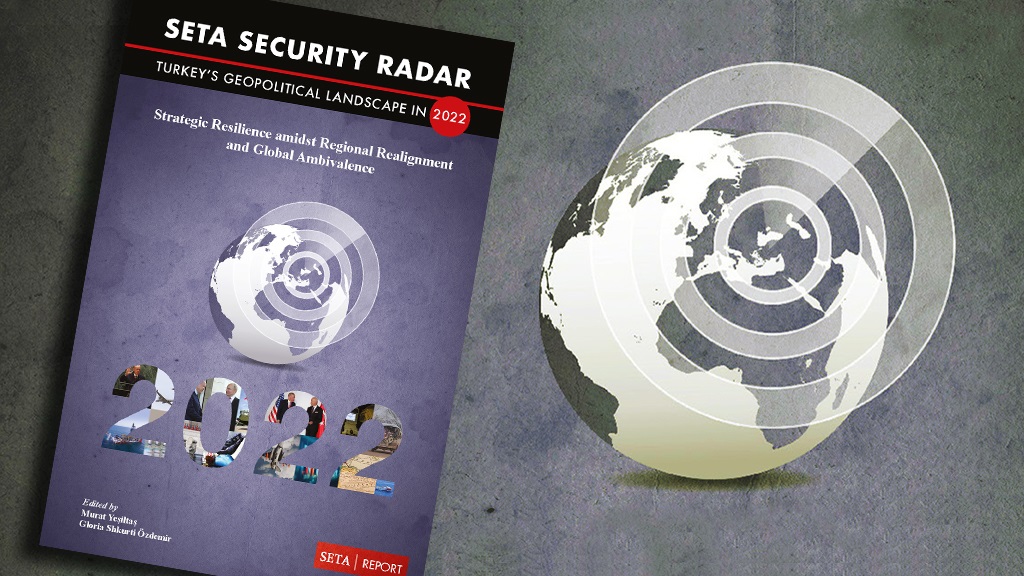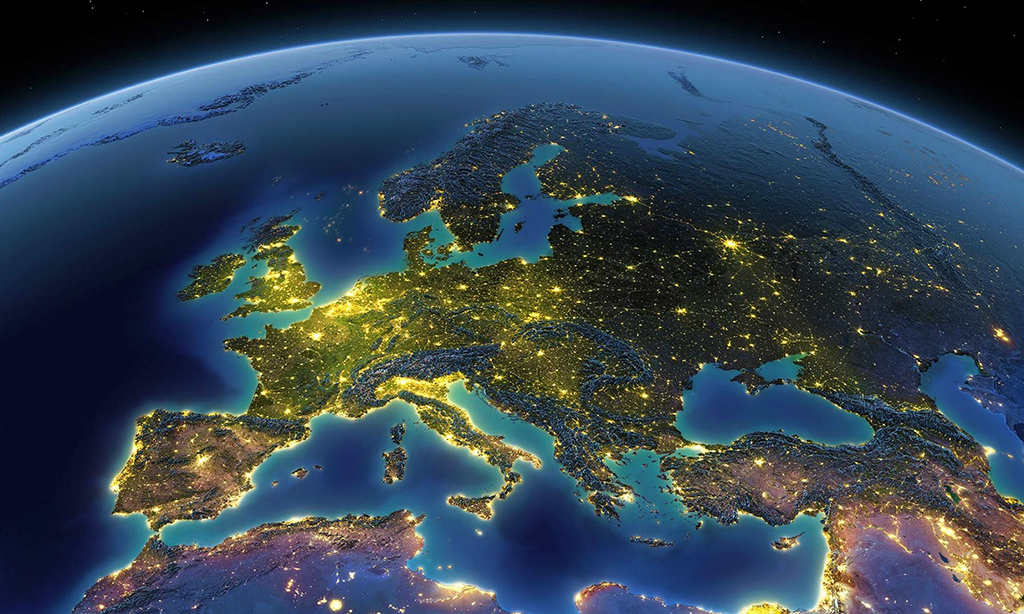An assessment of the international system's current state and Turkey's foreign policy helps us anticipate what awaits us in 2022. The Turkish people rung in the new year proudly, as
the Turkovac vaccine became available in the final days of 2021 after another year under the pandemic’s impact. Although Turkey took pride in becoming one of nine nations to produce the coronavirus vaccine, "vaccine nationalism" continues to plague the world. It won’t be surprising for Turkey, which remains committed to being a prominent player in the international arena, to use its strengths (including its coronavirus vaccine and armed drones) in diplomacy. The negative side effects of the pandemic, which experts expect to lose momentum this year thanks to new variants, (e.g. inflation, the breakdown of supply chains and unemployment) will impact nations around the world for some more time.
The debate over how the pandemic will change the world started back in March 2020. What needs to be said today, however, is that the international system has not undergone the radical change that some observers had anticipated. We do not live under circumstances similar to the post-World War I period yet. As great power competition intensifies, however, all states strive to increase their strategic capacity vis-à-vis security, healthcare, climate change, the environment, natural resources and technology. At the same time, the United States-China rivalry inches toward a type of Cold War. U.S. President
Joe Biden, who came to power in early 2021, took fresh steps to contain China in the Indo-Pacific region. However, the United States, which claimed to be back, caused concern among members of the trans-Atlantic alliance by withdrawing from Afghanistan and signing a defense pact with the United Kingdom and Australia,
known as AUKUS. Finally, Washington, which experienced a major embarrassment due to the Capitol Hill attack last year, hosted a notably unremarkable “Summit for Democracy” in December.
In other words, neither a “restoration of the liberal order” nor “American global leadership” is on the horizon at this time. For example, India had no problem purchasing the S-400 air defense system from Russia amid its ongoing rapprochement with the United States against China. Moreover, even America’s European allies, which have diverse interests, do not provide adequate support to Washington against Beijing. The Russians, who demanded certain assurances regarding NATO’s expansion over the Donbass crisis, will hold talks with the Americans later this month. Needless to say, the United States, which alienated China and Russia simultaneously, faces many contradictions. It needs to cooperate with China in the areas of climate change and trade, but it cannot seem to decide how to contain its strategic rival. Indeed, the U.S. does not even share a common point of view with France and Germany regarding ongoing tensions with Russia. Meanwhile, Europe´s pursuit of “strategic autonomy” continues to be undermined by its problematic policy regarding Turkey and differences of opinion on relations with Russia.
Turkish headlines
The Biden administration’s policy choices, coupled with the pandemic’s impact, inform new strategic calculations and realignment in the Middle East. Turkey, the United Arab Emirates (UAE) and Israel emerged as the leading actors during the period of normalization. The pursuit of normalization has indeed set the tone of Turkish foreign policy in 2021. That pursuit emerged out of Turkey’s response to other regional players, which concluded that the state of affairs was changing. Still, the progress in Turkey’s engagement with the U.S. and the European Union fell short of expectations. At the same time, the ongoing dialogue with Greece could be undermined by the other side’s misguided assessments. Attempted normalization with Armenia, Israel, Egypt and Saudi Arabia, by contrast, could make its mark on 2022.
One needs to make the following point very clearly: Under President Recep Tayyip Erdoğan’s leadership, Turkey has long wanted to improve its international standing and to play a more prominent role in the global system. The use of hard power has served the same purpose as (and complemented) the policy of normalization. In this sense, the country will pursue a proactive and enterprising foreign policy in 2022. It already signaled that ambition by hosting the Organization of Turkic States in November and the Third Turkey-Africa Partnership Summit last month. Keep in mind that Erdoğan personally visited 14 countries in 2021, as part of twelve international trips, and hosted heads of state or government from 25 nations.
For a more detailed account of our expectations from the new year, please check out the SETA Foundation’s latest report titled
“Security Radar 2022.”
[Daily Sabah, January 1, 2022]









